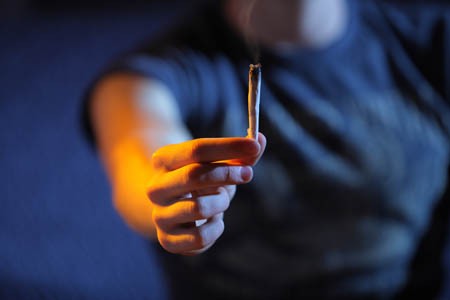Inactivity in Young Adulthood May Worsen Cognition Later in Life
The couch potato lifestyle common in the US may have consequences later, in the form of deficits in memory, executive functioning (including planning and execution) and processing speed.
At the 2015 Alzheimer’s Association International Conference, researcher Kristine Yaffe and colleagues reported that low levels of physical activity and high rates of television viewing in young adulthood may reduce cognitive capabilities in midlife.
The Centers for Disease Control report that less than 50% of adults aged 18–64 get the recommended minimum of physical activity each week. The guidelines recommend at least 150 minutes of moderate intensity aerobic activity (such as walking briskly) and two or more days of muscle-strengthening activities that work all major muscle groups.
Yaffe says that physical activity can protect against cognitive decline or dementia later on.
Participants in the long-term study who reported burning fewer than 300 calories per 50-minute session three times per week during two-thirds of their followup visits had worse cognition at year 25 than those participants who were more active. Those who watched more than four hours of television per day also had reduced cognition in midlife.
Yaffe stresses that exercising regularly is not just important in keeping weight down and protecting the heart, but also in protecting the brain. Regular physical activity may even prevent illnesses such as Alzheimer’s disease.
Topiramate Added to Quetiapine Can Reduce Marijuana Craving in Young People
At the 2015 meeting of the American Academy of Child and Adolescent Psychiatry, researcher Melissa P. DelBello reported that compared to placebo, the anticonvulsant topiramate reduced marijuana craving in young people aged 12–21 who were already taking the antipsychotic quetiapine. Functional magnetic resonance imaging (fMRI) revealed that topiramate altered the activation of brain regions common to both drug craving and mood dysregulation. Topiramate could be a good treatment to reduce marijuana abuse. The antioxidant n-acetylcysteine (NAC) is another option.



